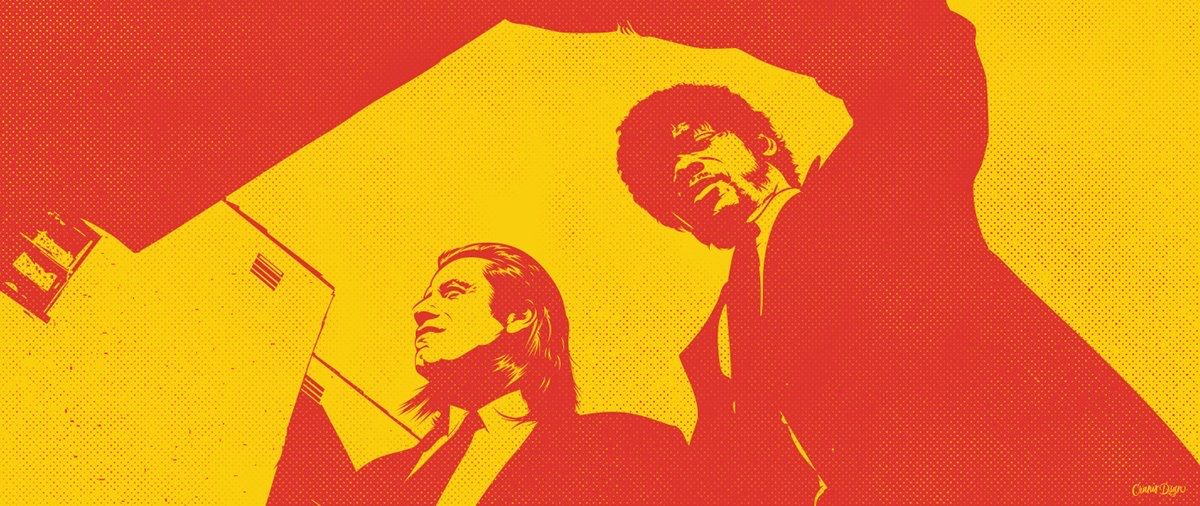Z is a 1969 movie directed by Costa-Gavras.

Z tells the story of a right-wing military government’s attempt to cover up the death of a left-wing activist. The truth slowly unravels during an investigation but also leads to dangerous consequences. Jean-Louis Trintignant plays Le juge d’instruction, who attempts to uncover the corruption. His performance is dynamic and efficient, yet the character is ultimately forced to realize the limits of his pursuit. Marcel Bozzuffi and Renato Salvatori are brilliant as Vago and Yago, the colorful henchmen hired to pull off the murder.
THE BEST – Trintignant’s Interrogations
The highlights of the movie involve Trintignant’s character getting closer to the truth. While the character appears as an efficient, devoted government employee, he craves the moments of verbal sparring that occur. Trintignant gives an extraordinary look when he catches Vago in a trap – one that leads to a significant break in the investigation.

THE WORST – The Epilogue
This isn’t a worst in terms of moviemaking, but rather a realization of how brutally oppressive bureaucratic government machines can act. Everyone on the side of justice in the case suffers, while those responsible for injustice are barely bothered. It’s certainly an indictment of corrupt systems – a reality unfortunate in 1969 and today.
FOX FORCE FIVE RATING – 4/5
Z can drag at times but it’s an important and brave movie – both in 1969 terms and today. The acting is sharp and there are some stylistic flashes that make the movie visually appealing. It’s definitely worth a watch.




